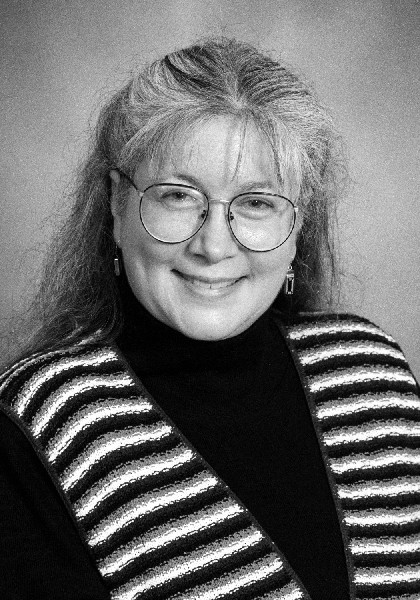Language and Gender
Derrida pointed out that Western thought has always overvalued or privileged language–so much so that we mistake language for the Real. What is named is real, and what is not has no existence. For Derrida, our naive belief in language is the flip side of an essentially selfish need to believe in a world that is real, present, and completely available to us at all times. We want to have, as the Bible says, “the Word made flesh,” something we can have dominion over. The idea that the world might be beyond us is rude, frustrating, and even frightening. The privileging of language as the arbiter of reality has been especially hard on gender. As we’ve seen, most nonnormative experiences of gender are excluded from language, and what little language we have for gender transcendence is defamatory. —Riki Wilchins, Queer Theory, Gender Theory (38-39)
Required Readings
Sullivan, Preface (v-vii), Ch. 1 “The Social Construction of Same-Sex Desire: Sin, Crime, Sickness” (1-21), Ch. 2 “Assimilation or Liberation, Sexuality or Gender?” (22-36)
Wilchins Queer Theory, Ch. 4 “Derrida and the Politics of Meaning” (33-45)
Graduate Readings
Donald E. Hall, “A brief, Slanted History of ‘Homosexual’ Activity,” in Queer Theories [on Moodle2]
Donna Wilshire, “The Uses of Myth, Image, and the Female Body in Re-visioning Knowledge” [on Moodle2]
